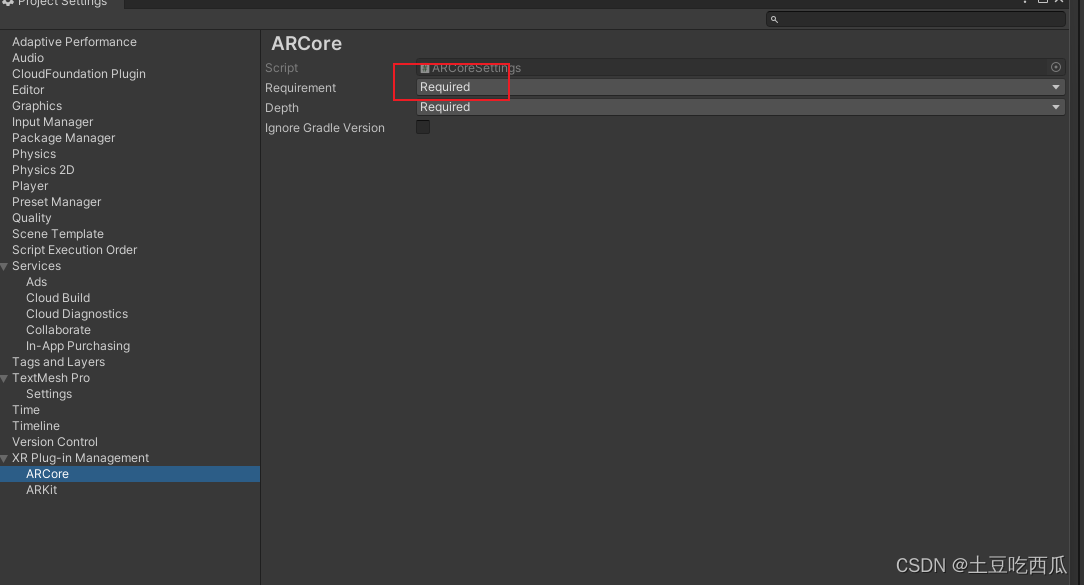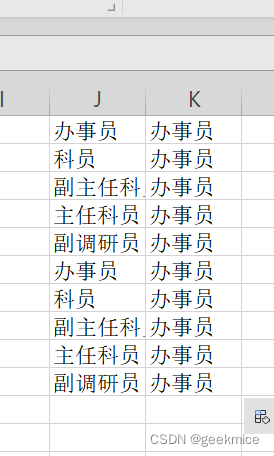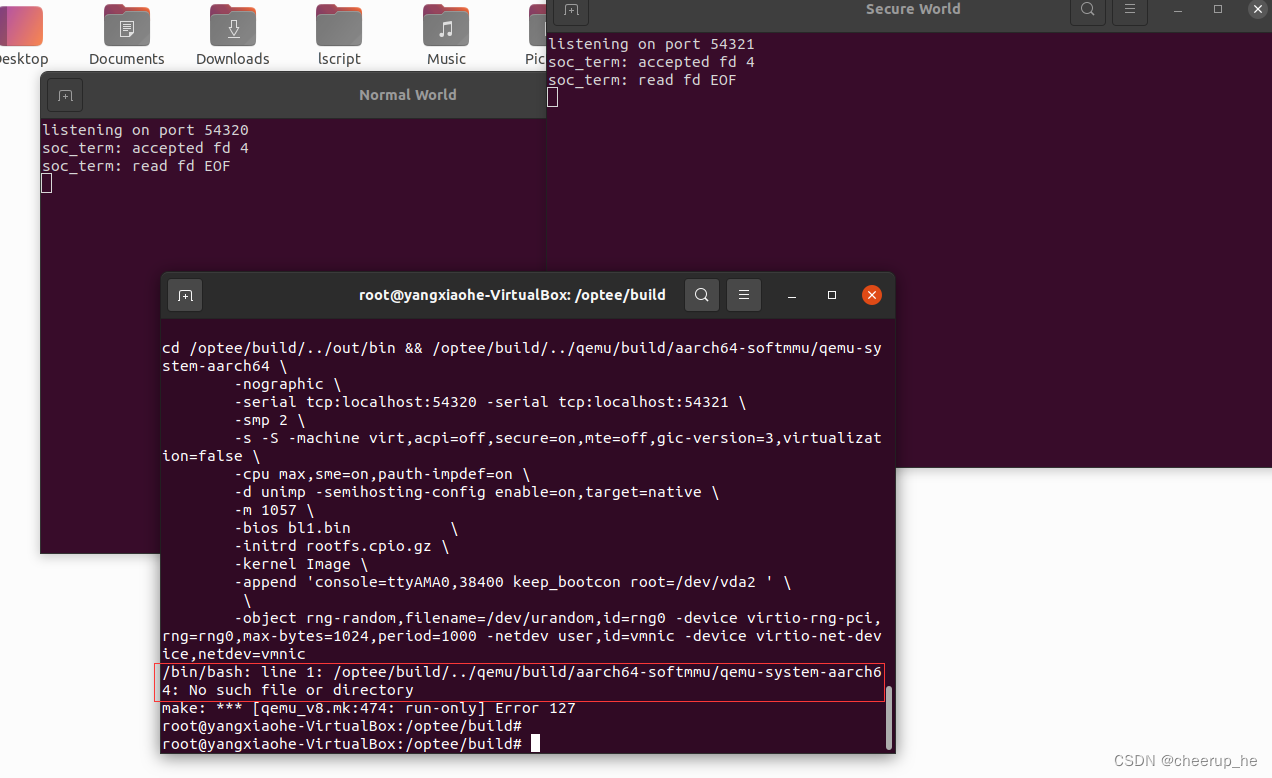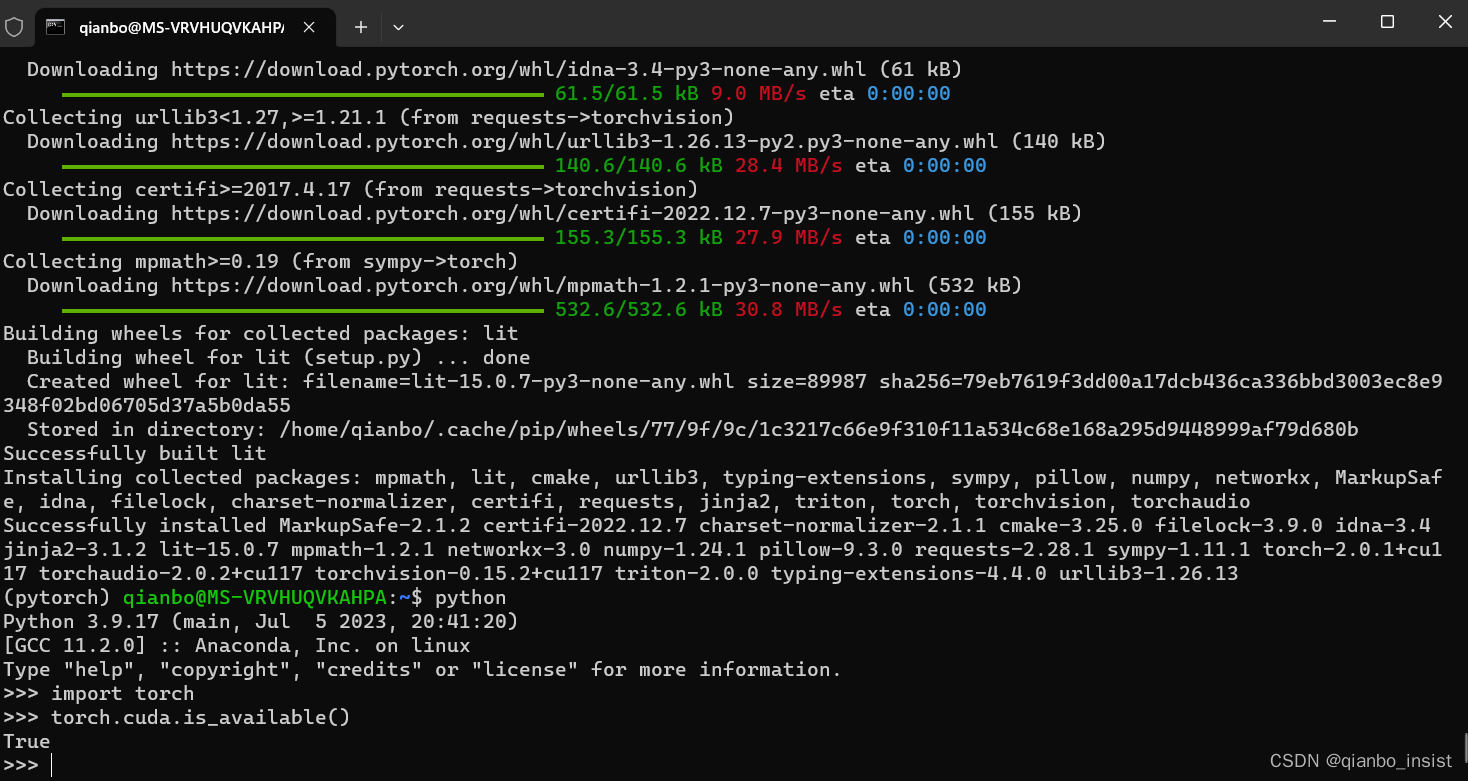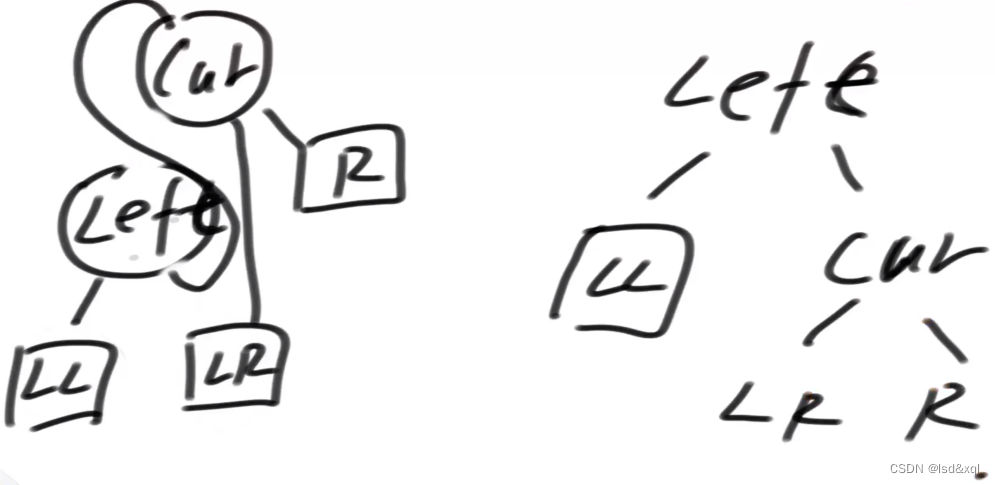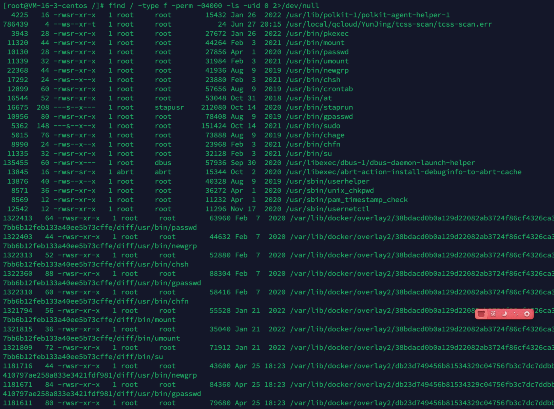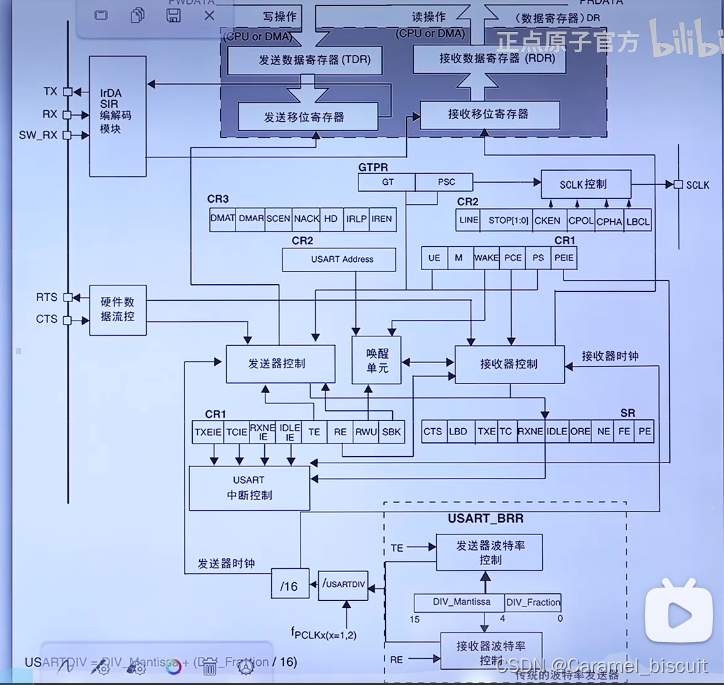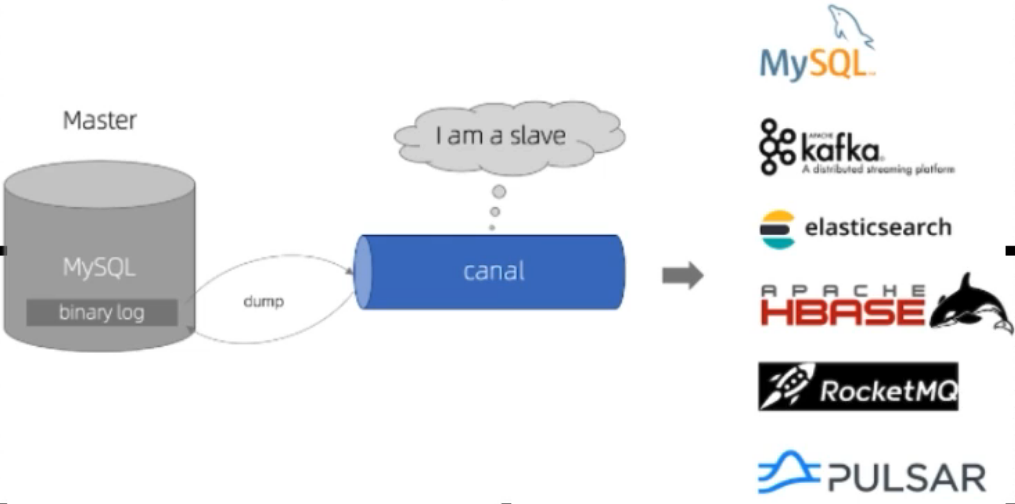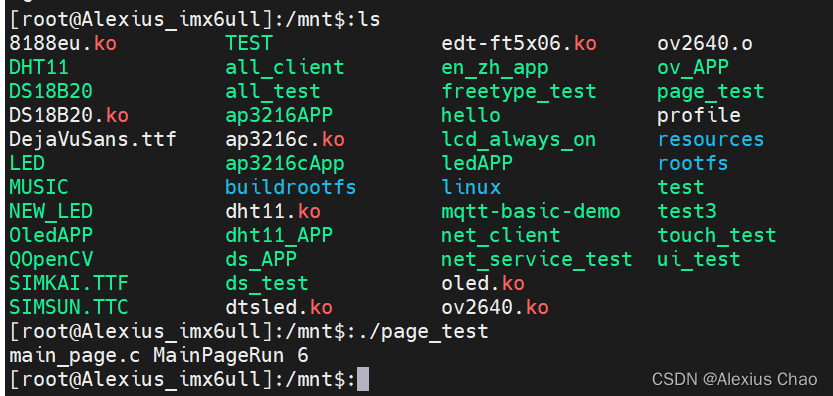原题链接:https://leetcode.cn/problems/implement-queue-using-stacks/
目录
1. 题目描述
2. 思路分析
3. 代码实现
1. 题目描述

2. 思路分析
用两个栈实现,一个栈进行入队操作,另一个栈进行出队操作。
出队操作: 当出队的栈不为空时,直接进行出栈操作;如果为空,需要把入队的栈元素全部导入到出队的栈,然后再进行出栈操作
3. 代码实现
typedef int STDataType;
#define INIT_CAPACITY 4
typedef struct Stack
{
STDataType* a;
int top; //栈顶
int capacity; //容量
}ST;
//初始化栈
void STInit(ST* ps);
//入栈
void STPush(ST* ps, STDataType x);
//出栈
void STPop(ST* ps);
//获取栈顶元素
STDataType STTop(ST* ps);
//获取栈中有效元素个数
int STSize(ST* ps);
//检测栈是否为空
bool STEmpty(ST* ps);
//销毁栈
void STDestroy(ST* ps);
void STInit(ST* ps)
{
assert(ps);
ps->a = NULL;
ps->top = 0;
ps->capacity = 0;
}
void STPush(ST* ps, STDataType x)
{
assert(ps);
if (ps->top == ps->capacity)
{
int newCapacity = ps->capacity == 0 ? INIT_CAPACITY : ps->capacity * 2;
STDataType* tmp = (STDataType*)realloc(ps->a, sizeof(STDataType) * newCapacity);
if (tmp == NULL)
{
perror("realloc failed");
exit(-1);
}
ps->a = tmp;
ps->capacity = newCapacity;
}
ps->a[ps->top] = x;
ps->top++;
}
void STPop(ST* ps)
{
assert(ps);
//空
assert(ps->a > 0);
--ps->top;
}
STDataType STTop(ST* ps)
{
assert(ps);
//空
assert(ps->a > 0);
return ps->a[ps->top - 1];
}
int STSize(ST* ps)
{
assert(ps);
return ps->top;
}
bool STEmpty(ST* ps)
{
assert(ps);
return ps->top == 0;
}
void STDestroy(ST* ps)
{
assert(ps);
ps->a = NULL;
ps->top = ps->capacity = 0;
}
typedef struct {
ST pushst;
ST popst;
} MyQueue;
MyQueue* myQueueCreate() {
MyQueue *obj=(MyQueue*)malloc(sizeof(MyQueue));
STInit(&obj->pushst);
STInit(&obj->popst);
return obj;
}
void myQueuePush(MyQueue* obj, int x) {
STPush(&obj->pushst,x);
}
int myQueuePeek(MyQueue* obj) {
if(STEmpty(&obj->popst))
{
//捯数据
while(!STEmpty(&obj->pushst))
{
STPush(&obj->popst,STTop(&obj->pushst));
STPop(&obj->pushst);
}
}
return STTop(&obj->popst);
}
int myQueuePop(MyQueue* obj) {
int front=myQueuePeek(obj);
STPop(&obj->popst);
return front;
}
bool myQueueEmpty(MyQueue* obj) {
return STEmpty(&obj->popst)&&STEmpty(&obj->pushst);
}
void myQueueFree(MyQueue* obj) {
STDestroy(&obj->popst);
STDestroy(&obj->pushst);
free(obj);
}
/**
* Your MyQueue struct will be instantiated and called as such:
* MyQueue* obj = myQueueCreate();
* myQueuePush(obj, x);
* int param_2 = myQueuePop(obj);
* int param_3 = myQueuePeek(obj);
* bool param_4 = myQueueEmpty(obj);
* myQueueFree(obj);
*/
